Knows about Christian religious festivals

Christianity, one of the world’s major monotheistic religions, boasts a rich tapestry of religious festivals that serve as poignant markers in the Christian calendar. These festivals, steeped in tradition and spiritual significance, connect millions of believers worldwide in shared celebrations and reflections. From the joyous festivities of Christmas, commemorating the birth of Jesus Christ, to the solemn observances of Good Friday, marking his crucifixion, each festival holds a unique place in the hearts of Christians. These occasions serve not only as religious observances but also as opportunities for believers to come together, deepen their faith, and reflect on the central tenets of Christian teachings. This diverse array of festivals, ranging from the resurrection-focused Easter to the reflective All Souls’ Day, showcases the multifaceted nature of Christian worship and the enduring impact of its core narratives on believers across denominations.
Christianity has several important religious festivals and celebrations that are observed by Christians around the world. Some of the major Christian festivals include:-
Christmas

Celebrated on December 25, Christmas commemorates the birth of Jesus Christ. It is a time for Christians to come together with family and friends to exchange gifts and celebrate the message of peace and goodwill.
Easter

This is the most significant event in the Christian calendar, celebrating the resurrection of Jesus Christ from the dead. Easter is observed on the first Sunday following the first full moon after the vernal equinox, typically falling between March 22 and April 25.
Good Friday
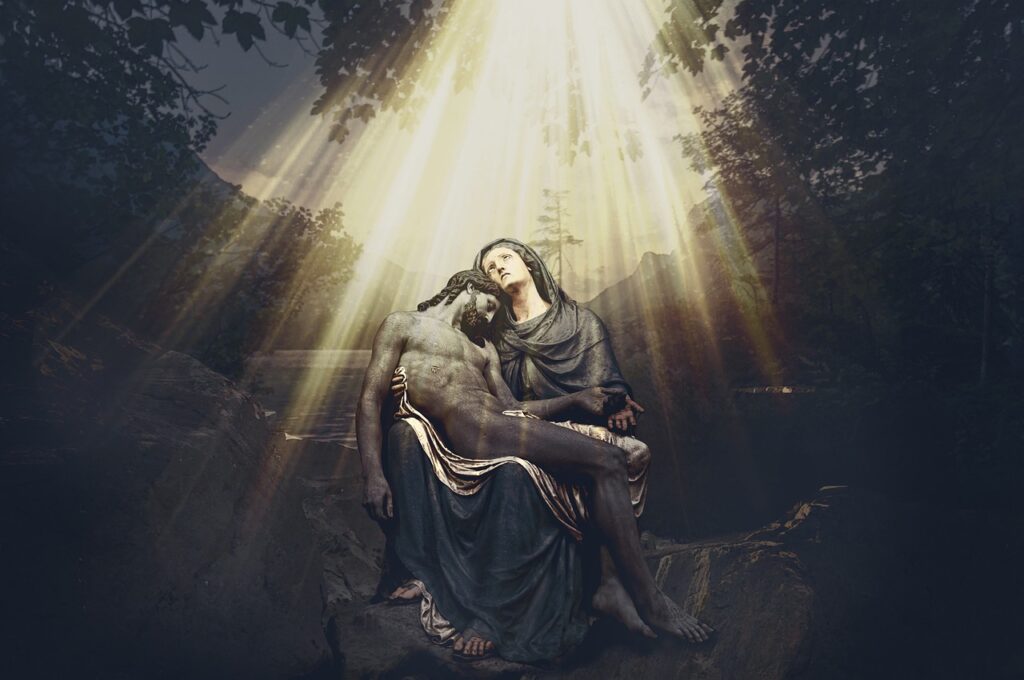
Observed on the Friday before Easter, Good Friday commemorates the crucifixion of Jesus Christ. It is a day of reflection and mourning for Christians.
Palm Sunday
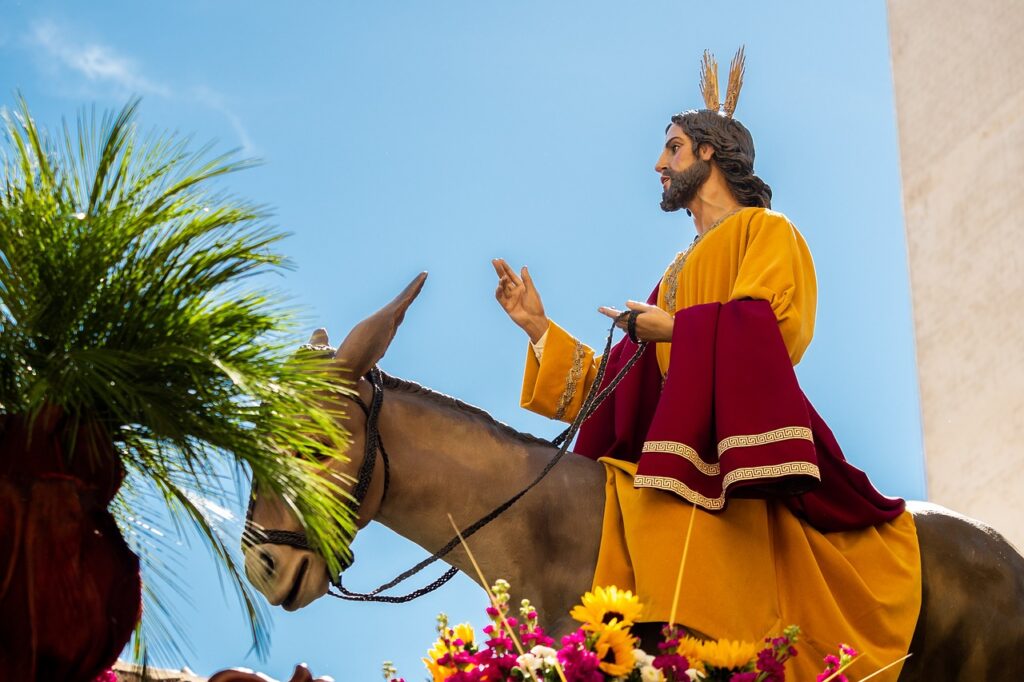
This is the Sunday before Easter and marks the beginning of Holy Week. It commemorates Jesus’ triumphal entry into Jerusalem, with crowds waving palm branches and shouting “Hosanna.”
Ascension Day
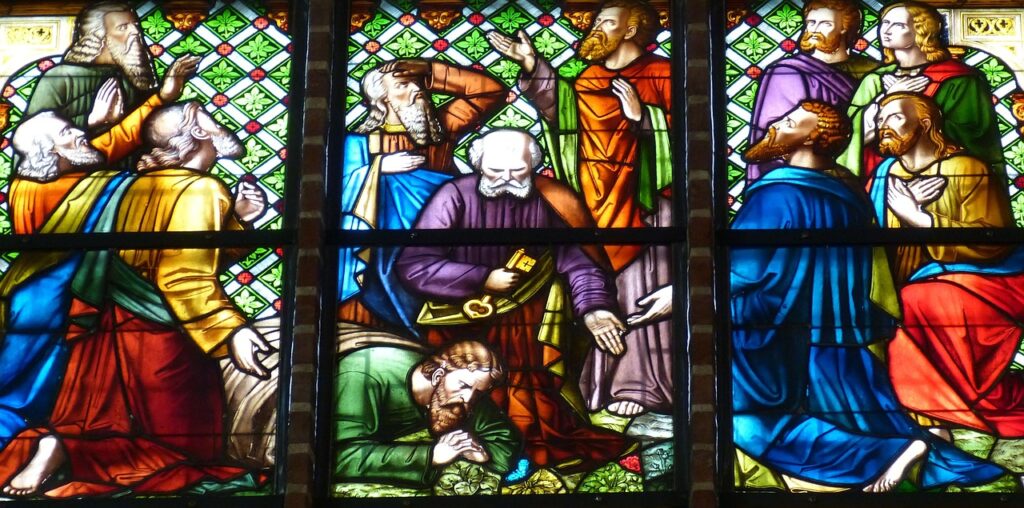
Celebrated 40 days after Easter, Ascension Day commemorates the ascension of Jesus into heaven after his resurrection.
Pentecost
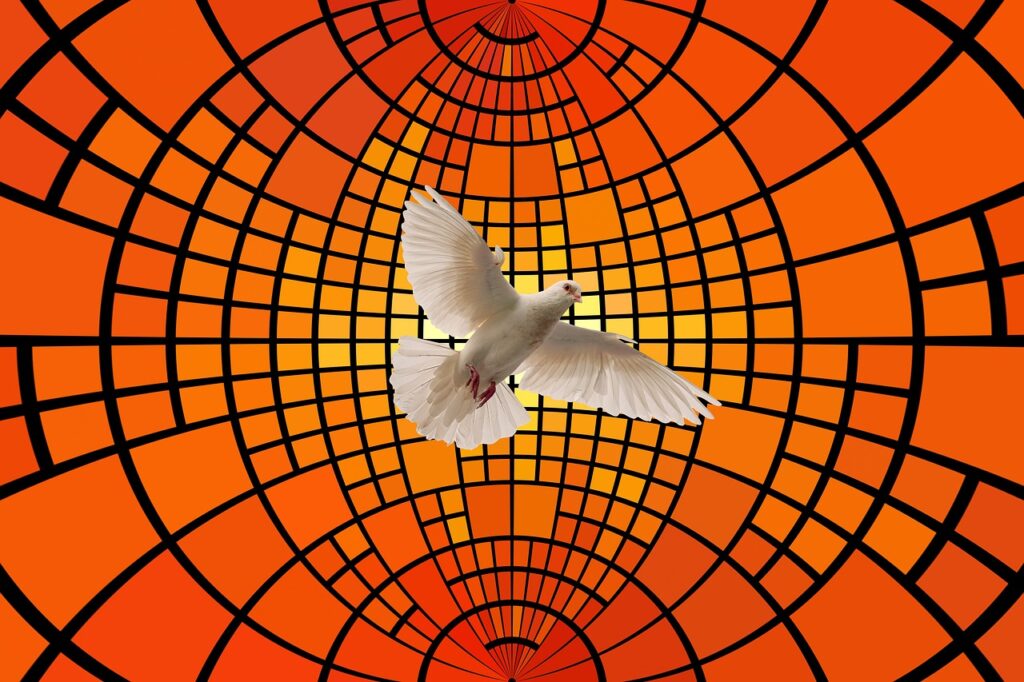
Occurring 50 days after Easter, Pentecost celebrates the descent of the Holy Spirit upon the apostles and other followers of Jesus. It is often considered the birthday of the Christian Church.
All Saints’ Day

Celebrated on November 1, this day honors all the saints, known and unknown, who have attained heaven. In some Christian traditions, it is a day to remember and pray for the departed souls.
All Souls’ Day
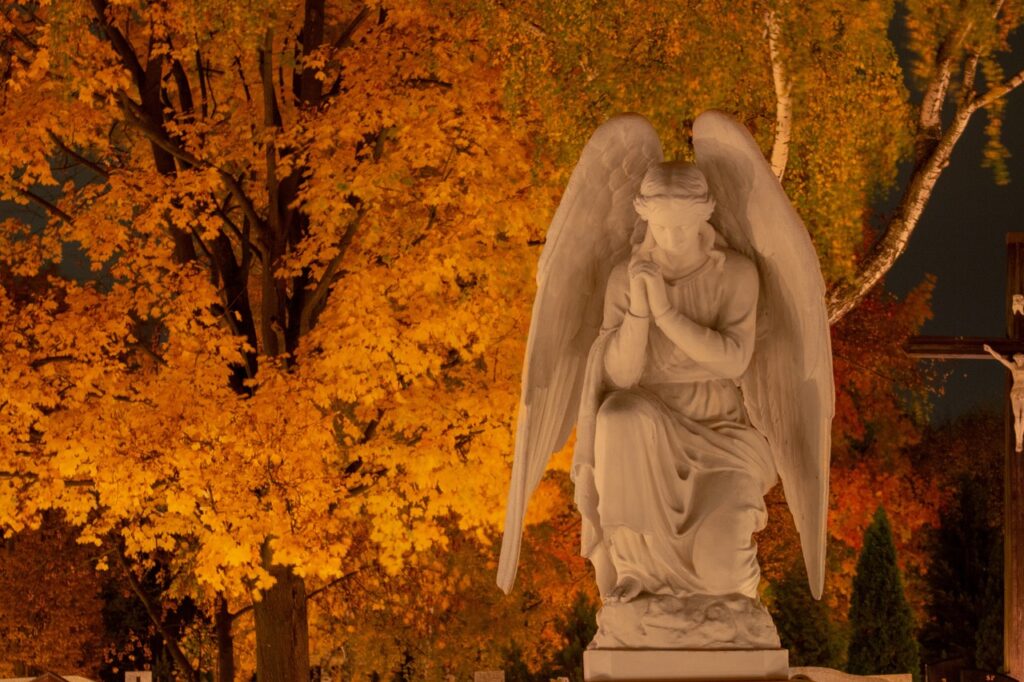
Observed on November 2, All Souls’ Day is a day to remember and pray for all the faithful departed, particularly those in purgatory.
Advent
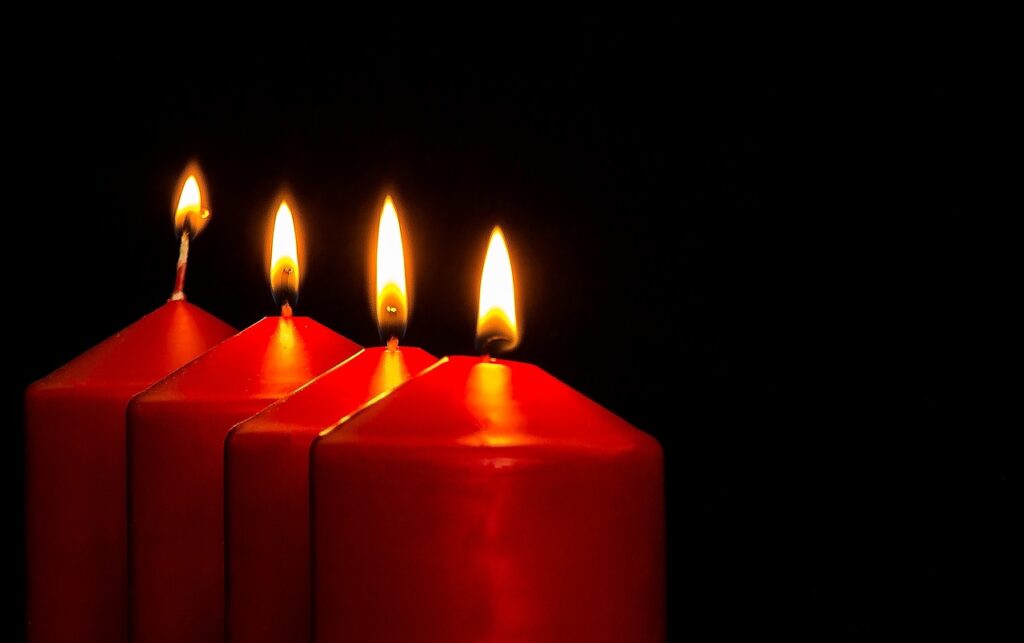
The Advent season marks the beginning of the Christian liturgical year and usually starts four Sundays before Christmas. It is a time of anticipation and preparation for the celebration of the birth of Jesus.
Epiphany

Celebrated on January 6, Epiphany commemorates the visit of the Magi to the baby Jesus and the revelation of Christ to the Gentiles. In some traditions, it also marks the baptism of Jesus.
In conclusion, the Christian calendar weaves together a tapestry of festivals that resonate with the faithful, fostering a sense of unity and shared devotion. From the joyous celebrations of Christ’s birth to the solemn remembrances of his sacrifice, these festivals provide Christians with moments of reflection, gratitude, and communal worship. The diversity within these observances mirrors the breadth of the Christian faith itself, accommodating various denominational traditions while emphasizing the universal themes of love, redemption, and hope. As Christians worldwide come together to honor these sacred milestones, they not only reaffirm their beliefs but also contribute to the rich and enduring legacy of Christian religious observance that spans centuries.








